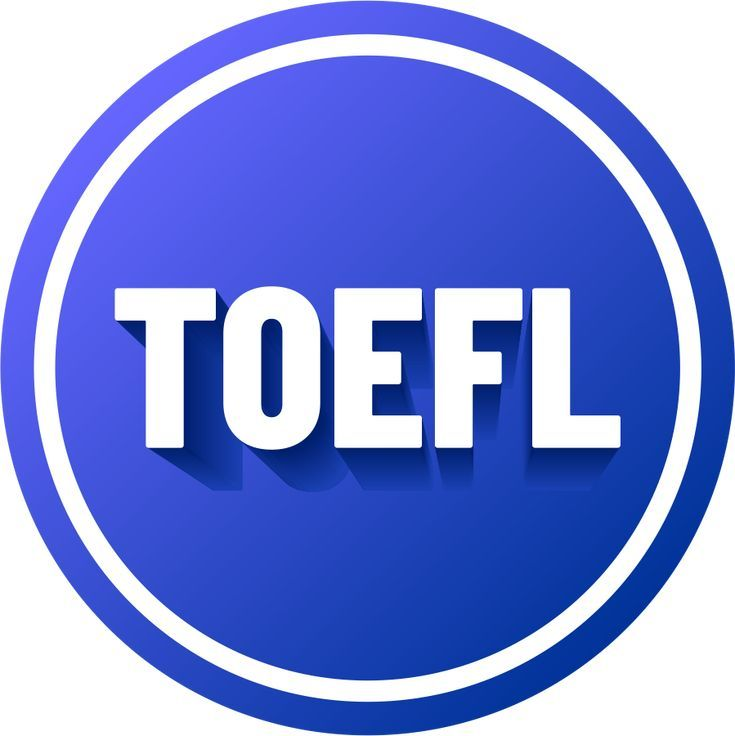If you’re planning to study, work, or live in an English-speaking country, chances are you’ve heard of the TOEFL (Test of English as a Foreign Language). As one of the most widely accepted English language proficiency exams in the world, the TOEFL is your gateway to opportunities in education, employment, and beyond. But what exactly is the TOEFL, and how can you ensure you’re prepared to ace it? In this guide, we’ll break down everything you need to know about the TOEFL and how to maximize your score.
What is the TOEFL?
The TOEFL is a standardized test designed to assess the English language proficiency of non-native speakers. It evaluates your ability to read, write, listen, and speak in English, particularly in an academic setting. The test is accepted by over 11,000 universities, colleges, and institutions in more than 150 countries, including the U.S., Canada, Australia, and the U.K.
While the TOEFL is most commonly taken by students seeking admission to universities, it is also useful for professionals, visa applications, and scholarships that require proof of English proficiency.
Why Take the TOEFL?
Here are a few reasons why the TOEFL is a popular choice among international students and professionals:
- Global Recognition: The TOEFL is accepted by top institutions worldwide, making it ideal if you’re applying to multiple countries.
- Academic Focus: The test is designed to evaluate English skills in an academic context, which is highly relevant for students aiming to study abroad.
- Fair and Consistent Scoring: With its automated scoring system for speaking and writing, the TOEFL offers a fair assessment of your skills without bias.
TOEFL Exam Structure
The TOEFL iBT (Internet-Based Test) is the most commonly used version and consists of four sections:
- Reading: You’ll read academic texts and answer multiple-choice questions that test your comprehension and analytical skills. (30-40 questions, 54-72 minutes)
- Listening: You’ll listen to conversations and lectures, then answer questions based on what you’ve heard. (28-39 questions, 41-57 minutes)
- Speaking: This section asks you to speak about familiar topics and respond to reading and listening materials. (4 tasks, 17 minutes)
- Writing: You’ll write responses to questions that assess your ability to express ideas clearly and cohesively. (2 tasks, 50 minutes)
The test takes about 3 hours to complete, and each section is scored out of 30, for a total score of 120.
How to Prepare for the TOEFL
Success on the TOEFL comes down to thorough preparation. Here are some strategies to help you ace the test:
1. Understand the Format
Knowing the structure of the exam is half the battle. Familiarize yourself with the different sections and question types so you’re not caught off guard on test day. ETS, the organization that administers the TOEFL, offers sample questions and practice tests to help you get used to the format.
2. Improve Your English Skills
Since the TOEFL is designed to test your practical use of English, focus on improving your reading, writing, listening, and speaking skills:
- Reading: Read academic articles, journals, and textbooks. Try summarizing the key points to improve comprehension.
- Listening: Listen to English podcasts, news broadcasts, and lectures. Practice taking notes while listening, as this will help during the exam.
- Speaking: Practice speaking English regularly, focusing on pronunciation, fluency, and coherence. You can use TOEFL practice tools to simulate the speaking tasks.
- Writing: Work on writing clear, structured essays. Focus on presenting your ideas logically and supporting them with examples.
3. Take Practice Tests
Practice tests are essential for TOEFL preparation. Not only do they help you get comfortable with the format, but they also allow you to identify areas where you need improvement. Time yourself during practice tests to simulate the real exam and build your time-management skills.
4. Focus on Weak Areas
After taking a few practice tests, you’ll have a better sense of your strengths and weaknesses. Whether it’s your reading speed or listening comprehension, focus on improving the areas where you struggle the most.
5. Get Familiar with Test Day Rules
On the day of the test, make sure you’re aware of the TOEFL rules and procedures. Arrive early at the test center, bring valid identification, and ensure you’re comfortable with the testing environment.
What’s a Good TOEFL Score?
A “good” TOEFL score depends on the requirements of the institution or organization you’re applying to. Most universities require a minimum score ranging from 70 to 100. However, prestigious institutions may ask for higher scores, particularly in the speaking and writing sections.
It’s important to check the score requirements for each institution you’re applying to and aim to meet or exceed them.
TOEFL vs. Other English Proficiency Tests
You might be wondering how the TOEFL compares to other English proficiency tests like the IELTS or the PTE Academic. Here are a few differences:
- TOEFL vs. IELTS: While both tests assess the same four skills, the TOEFL focuses more on American English and is more academic, whereas IELTS offers a General Training option and includes more conversational English.
- TOEFL vs. PTE: The PTE Academic is another computerized test like the TOEFL, but it uses artificial intelligence for scoring and has a slightly different test format.
The TOEFL is generally preferred for U.S. institutions, while the IELTS is more commonly accepted in the U.K., Canada, and Australia.
Final Thoughts
The TOEFL is a challenging but rewarding test that can open doors to educational and professional opportunities worldwide. By understanding the test format, improving your English skills, and preparing thoroughly, you’ll be well on your way to achieving a high score.
At Medical Educational Board Consultation, we offer expert guidance to help you prepare for the TOEFL and ensure you meet the requirements of your chosen institutions. Whether you’re aiming for university admission or professional certification, we’re here to support you every step of the way.
Good luck on your TOEFL journey!




